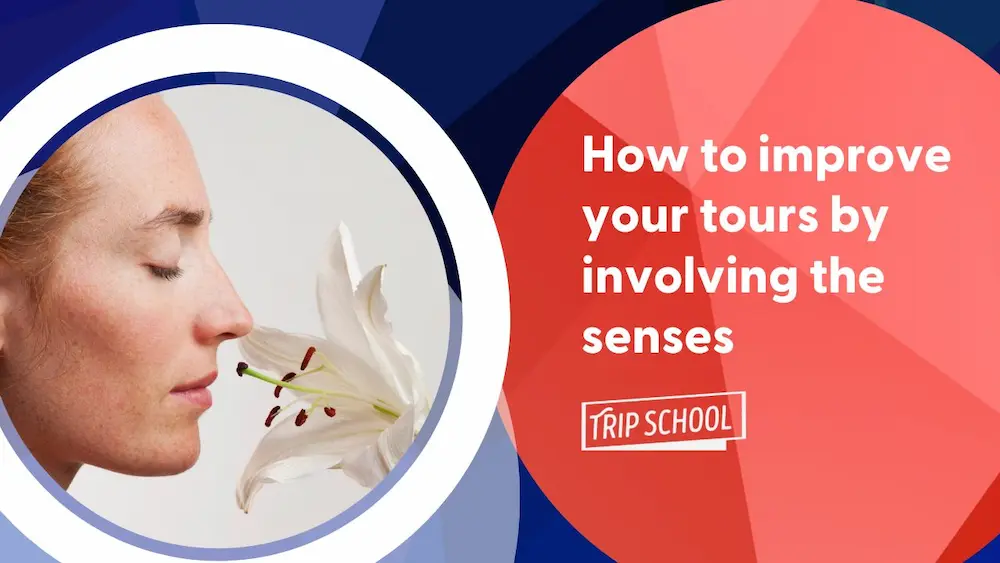The Pitfalls of Being Too Experienced as a Tour Guide
Introduction
Guiding is a really difficult job to do well (and the best guides make the job look really easy). It’s hard at the beginning of your guiding career, because there’s so much to learn in terms of knowledge and logistics, and so much to learn just through experience.
However, we often don’t talk about how difficult it is to guide when you are too experienced and too knowledgeable for your own good. I personally remember years where I had learned too much and was trying to share everything with my guests, who felt overwhelmed. And I soon found it hard to keep it all fresh for myself personally. Here are some tips I recommend from personal experience:
Look for expert blindness.
We all contract this ailment over time. It happens when you start using terminology that makes sense to you given your extensive expertise, but doesn’t make sense to the layperson. Specialty terms like putti and moorish are terms I’ve heard on tours, but only make sense if your guests are knowledgeable in architecture. Another side to expert blindness is taking shortcuts: perhaps once upon a time you used to explain an event more fully, step by step, but over time you’ve cut it short because you think everyone knows about it (since you’ve shared that story so many times). To counteract this phenomenon, encourage questions from your guests, use analogies instead of technical terms, and do a lot of “checks for understanding” with your guests. Often your guests won’t ever say anything, they’ll just stare at you blankly!
Change up your commentary to keep it fresh.
It’s so easy to figure out your “speech” about x or y monument or building, and deliver it every time. If you have the freedom to develop your own commentary on tour stops, then pick a stop, and completely change how you talk about it. Don’t just add new details, but change the story completely. Pick a brand new gravesite in Arlington National Cemetery, for example. I think we’ve all probably experienced guided tours where it feels like the guide has been saying the same thing for 15 years…and maybe that’s been us at certain moments (I’ve certainly been guilty of that myself). Guests know when your commentary is tired.
Recognize when your guide friend group becomes a “clique”. Having those friends on the road, especially over many years, can be an emotional lifesaver! However, as new guides and tour leaders come into the industry or a company, it’s human nature to hold on to your small group and not necessarily welcome the new arrivals. I call this the Mean Girls problem (after the movie). Earlier this season I had a guide call me up in tears. He’d been offered a leadership position on a tour over two more senior guides, and those other senior guides bullied and mocked him for the whole tour. Be the opposite: be one of the many, many experienced guides and tour leaders out there who are known for their generosity of spirit. Perform random acts of kindness for new guides, making them feel welcomed. Trust me, your reputation spreads in both cases…so be known for your generosity.
Find a hobby you can do on the road in spare moments or in between tours.
If you’re a tour leader, your downtime is precious. And it’s often filled making phone calls and emails handling logistics for the days ahead. Or you bump into a couple of fellow leaders and share recent stories. That’s all necessary and great, but you’re not doing yourself a service mentally if you never find a moment to be alone and get your brain to turn off, even for a moment, from tour mode. I know guides to crochet. Or bring a paper novel so they can put their phones away. Or put on favorite music and just go for a walk on your own terms. Whatever you can do to “change the channel” in your brain is imperative; it helps you maintain perspective and not blow anything out of proportion.







